617-821-1757
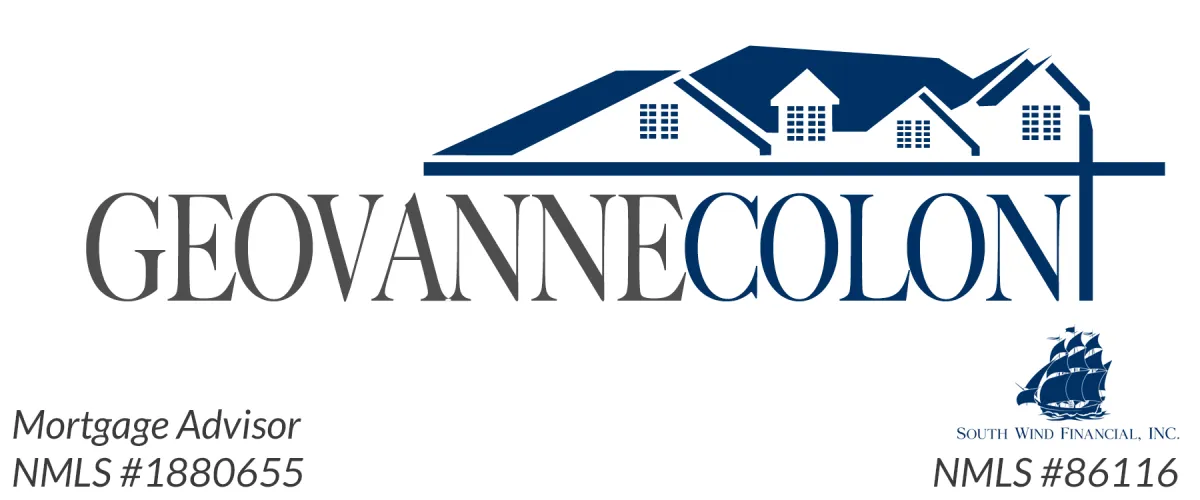
Looking For FHA Loans?
Apply today for the mortgage
that’s right for you.
Unlock Low Rates with Ease
Discover how Geovanne Colon simplifies the mortgage qualification process for you.
Apply today for the mortgage
that’s right for you.
Unlock Low Rates with Ease
Discover how Geovanne Colon simplifies the mortgage qualification process for you.
Low Rate.
Zero Hassles.
Get a free quote
Low Rate.
Zero Hassles.
Get a free quote
Feel Overwhelmed by Mortgage Choices? I Understand.

Feeling Lost in a Sea of Mortgage Options? Finding the right mortgage can be a daunting task. With an overwhelming array of rates, terms, and lenders, it's easy to feel lost and uncertain. Are you worried about high interest rates, hidden fees, or choosing a mortgage that doesn't fit your long-term goals?
Why Choose Us?
Ready to Start?
Your perfect home won't wait forever, and neither should you. Begin your journey today with a loan officer that puts you first. By choosing us, you're not just getting a loan – you're gaining a lifelong partner in all your mortgage endeavors.
Start your no-obligation consultation now and join the myriad of satisfied homeowners who have unlocked the doors to their future with ease and confidence. Dive into our world of simplified lending, and let's turn your homeownership dreams into reality.
Welcome Home!
Loan Programs We Help With
Seamless Solutions, Limitless Possibilities
Residential Mortgage Programs
1. FHA Loans
Federal Housing Administration (FHA) Loans
• Suitable for first-time homebuyers
• Low down payment options (as low as 3.5%)
• Requires mortgage insurance
• Lenient credit scores accepted
• 203K Renovation Loans Available
2. Conventional Loans
Conventional Mortgage Loans
• Preferred by borrowers with stronger credit
• Down payments as low as 3%
• Available in fixed or adjustable rates
• No government insurance premiums
• HomeStyle Renovation Loan Available
3. USDA Loans
US Department of Agriculture (USDA) Loans
• Ideal for eligible rural and suburban homebuyers
• Zero down payment
• Low insurance costs
• Income and geographic restrictions apply
4. VA Loans
Veterans Affairs (VA) Mortgage Loans
• Exclusively for veterans, active-duty service members, and eligible spouses
• No down payment required
• No mortgage insurance needed
• Competitive interest rates
A. ITIN - No Social Security Loans
• For borrowers with an Individual Tax Identification Number
• Lacks Social Security number
B. 1099 Loans
• Designed for independent contractors or self-employed individuals
• Based on the 1099 tax form income
C. VOE Only
• Verification of employment as the primary source of income validation
D. Asset Depletion
• Utilizes borrower's liquid assets for qualification purposes
E. Bank Statement Loans
• Income based on bank statements, suitable for self-employed borrowers
F. DSCR - Investor No Income Verification
• For real estate investors, using property cash flow as a qualification metric
Non-Qualified Mortgage (Non-QM) Loans
Loan Programs We Help With
Seamless Solutions, Limitless Possibilities
Residential Mortgage Programs
1. FHA Loans
Federal Housing Administration (FHA) Loans
• Suitable for first-time homebuyers
• Low down payment options (as low as 3.5%)
• Requires mortgage insurance
• Lenient credit scores accepted
2. Conventional Loans
Conventional Mortgage Loans
• Preferred by borrowers with stronger credit
• Down payments as low as 3%
• Available in fixed or adjustable rates
• No government insurance premiums
3. USDA Loans
US Department of Agriculture (USDA) Loans
• Ideal for eligible rural and suburban homebuyers
• Zero down payment
• Low insurance costs
• Income and geographic restrictions apply
4. VA Loans
Veterans Affairs (VA) Loans
• Exclusively for veterans, active-duty service members, and eligible spouses
• No down payment required
• No mortgage insurance needed
• Competitive interest rates
Non-Qualified Mortgage (Non-QM) Loans
A. ITIN - No Social Security Loans
• For borrowers with an Individual Tax Identification Number
• Lacks Social Security number
B. 1099 Loans
• Designed for independent contractors or self-employed individuals
• Based on the 1099 tax form income
C. VOE Only
• Verification of employment as the primary source of income validation
D. Asset Depletion
• Utilizes borrower's liquid assets for qualification purposes
E. Bank Statement Loans
• Income based on bank statements, suitable for self-employed borrowers
F. DSCR - Investor No Income Verification
• For real estate investors, using property cash flow as a qualification metric
More Loan Programs
Foreign National Loans
• Tailored for non-U.S. citizens looking to buy investment or vacation properties in the U.S.
• May require larger down payments and proof of foreign income.
Jumbo Loans
• Exceed the loan limits set by the FHFA for conventional mortgages.
• Requires non-traditional underwriting to accommodate the larger loan amount.
Real Estate Investor Loans
• Customized loans for experienced real estate investors.
• Can include options for multiple properties under a single loan (blanket loans).
Non-Warrantable Condo Loans
• For condos that do not meet specific requirements by Fannie Mae or Freddie Mac.
• Necessary for financing condos in buildings with more owner-occupied spaces or litigation issues.
Credit Event Loans
• Available to borrowers with significant derogatory credit events, such as bankruptcy or foreclosure.
• Typically requires a higher down payment or additional reserves.
Hard Money/Private Lending
•For immediate or short-term financing needs
• Higher-cost, short-term loans
• Asset-based lending criteria
• Terms typically around 12 months
Fix and Flips
• Loans crafted for renovating and flipping properties
Commercial Loans
•Tailored for businesses to purchase or refinance commercial property
• Offering solutions for office buildings, retail spaces, and industrial properties
• Custom terms to align with business strategies
New Construction
• Financing for ground-up construction projects
Small Business Administration (SBA) Loans
• Federally backed to help start or grow a business
• Lower down payments
• Longer repayment terms
• Focused on small businesses
Bridge Loans
• Short-term loans to bridge the gap during transitional periods
Down Payment Assistance Programs
• Provides prospective homebuyers with loans or grants that they can use toward the down payment for a house.
• Most down payment assistance programs are designed for first-time homebuyers and offered by various institutions, such as government, non-profits, or lenders.
More Loan Programs
Foreign National Loans
• Tailored for non-U.S. citizens looking to buy investment or vacation properties in the U.S.
• May require larger down payments and proof of foreign income.
Jumbo Loans
• Exceed the loan limits set by the FHFA for conventional mortgages.
• Requires non-traditional underwriting to accommodate the larger loan amount.
Real Estate Investor Loans
• Customized loans for experienced real estate investors.
• Can include options for multiple properties under a single loan (blanket loans).
Non-Warrantable Condo Loans
• For condos that do not meet specific requirements by Fannie Mae or Freddie Mac.
• Necessary for financing condos in buildings with more owner-occupied spaces or litigation issues.
Credit Event Loans
• Available to borrowers with significant derogatory credit events, such as bankruptcy or foreclosure.
• Typically requires a higher down payment or additional reserves.
Hard Money/Private Lending
•For immediate or short-term financing needs
• Higher-cost, short-term loans
• Asset-based lending criteria
• Terms typically around 12 months
Fix and Flips
• Loans crafted for renovating and flipping properties
Commercial Loans
•Tailored for businesses to purchase or refinance commercial property
• Offering solutions for office buildings, retail spaces, and industrial properties
• Custom terms to align with business strategies
New Construction
• Financing for ground-up construction projects
Small Business Administration (SBA) Loans
• Federally backed to help start or grow a business
• Lower down payments
• Longer repayment terms
• Focused on small businesses
Bridge Loans
• Short-term loans to bridge the gap during transitional periods
Down Payment Assistance Programs
• Provides prospective homebuyers with loans or grants that they can use toward the down payment for a house.
• Most down payment assistance programs are designed for first-time homebuyers and offered by various institutions, such as government, non-profits, or lenders.
Who We Help?
Seamless Solutions, Limitless Possibilities
First Time Home Buyers
We know how overwhelming the process of buying a home is, especially if it is the first time that you're doing it. We will work closely with you to explain the process, to protect you from making mistakes that could cost you later, and to ensure that your mortgage gets approved and you get the home that you are so excited to be buying!
Move Up and Second Home Buyers
Buying a new home when you currently own one has it's own unique set of concerns. We can answer all of your questions about how to qualify and purchase a home when you already own one whether you're buying a new primary residence or a second vacation home.
Refinancing Home Owners
If you already own your home but you are looking to refinance to either save money with a lower interest rate or possibly take some cash out for any reason, we can help you with that. We also can show you how to make sure you are structuring your new financing to get the best deal possible.
Investment Buyers
If you're buying real estate for investment purposes, we can help you secure low rate financing to maximize your ROI.
Seniors Seeking Reverse Mortgages
If you are 62 years or older and are looking for options to stay in your home without a mortgage payment or to access your home's equity while still living there, I can answer your questions about reverse mortgages so you can decide if they are right for you.
What My Clients Say
Ready to Find Your Perfect Mortgage?
Are You A First Time Home Buyer?
Download Our Free Home Buyer's Guide
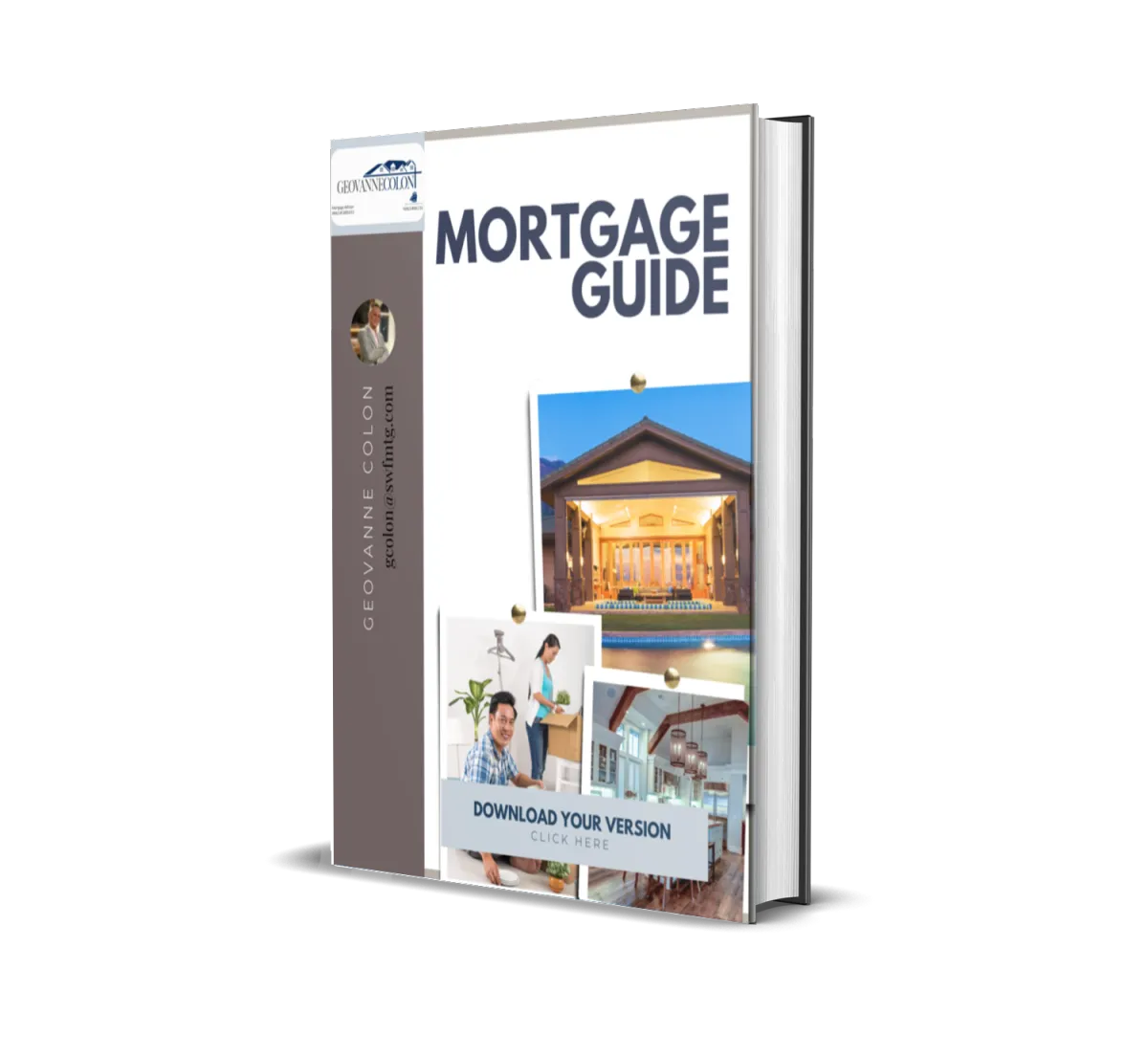
Other Resources You'll Find Helpful
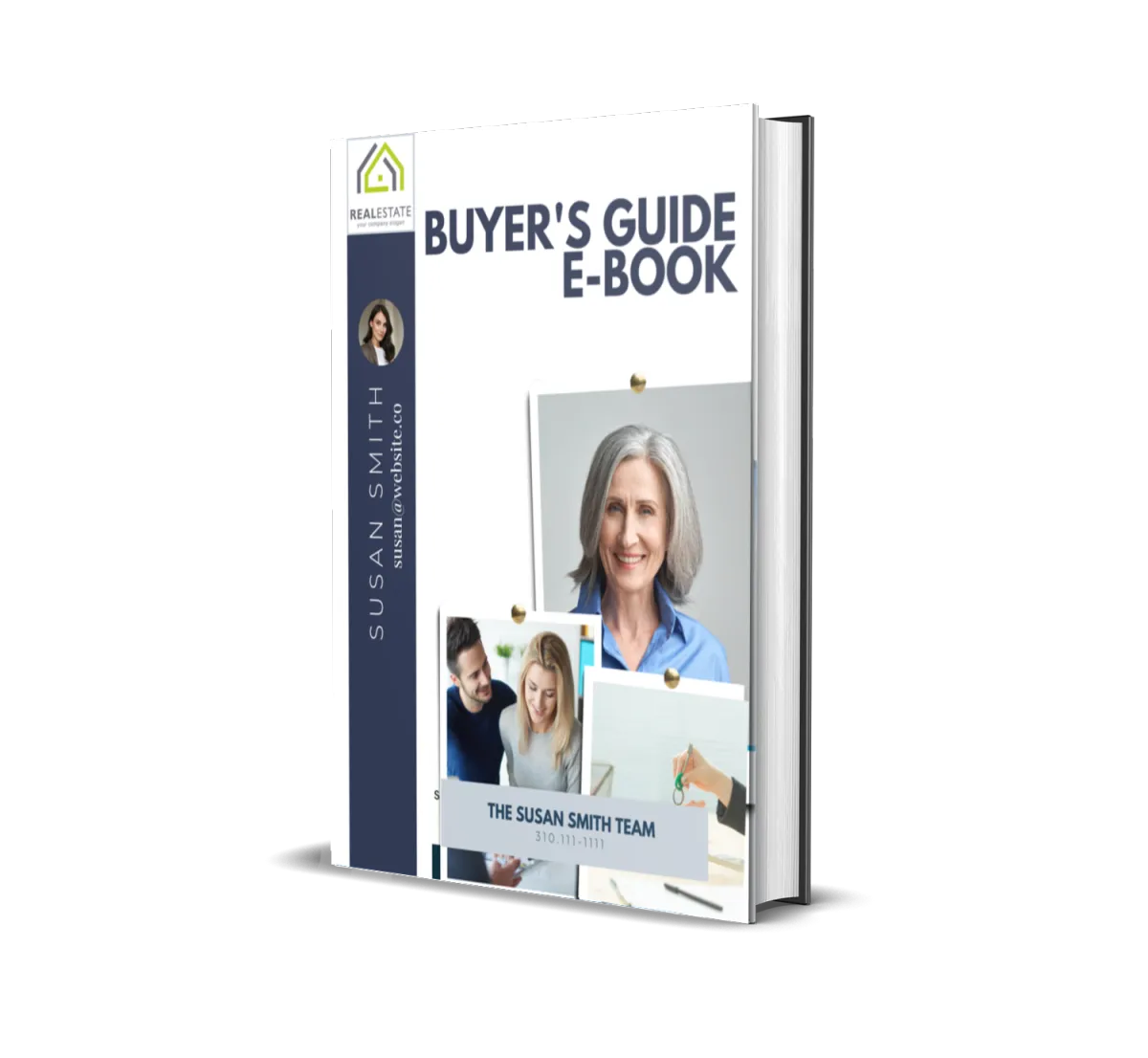
Buyer's Guide for Real Estate Agent
(English)
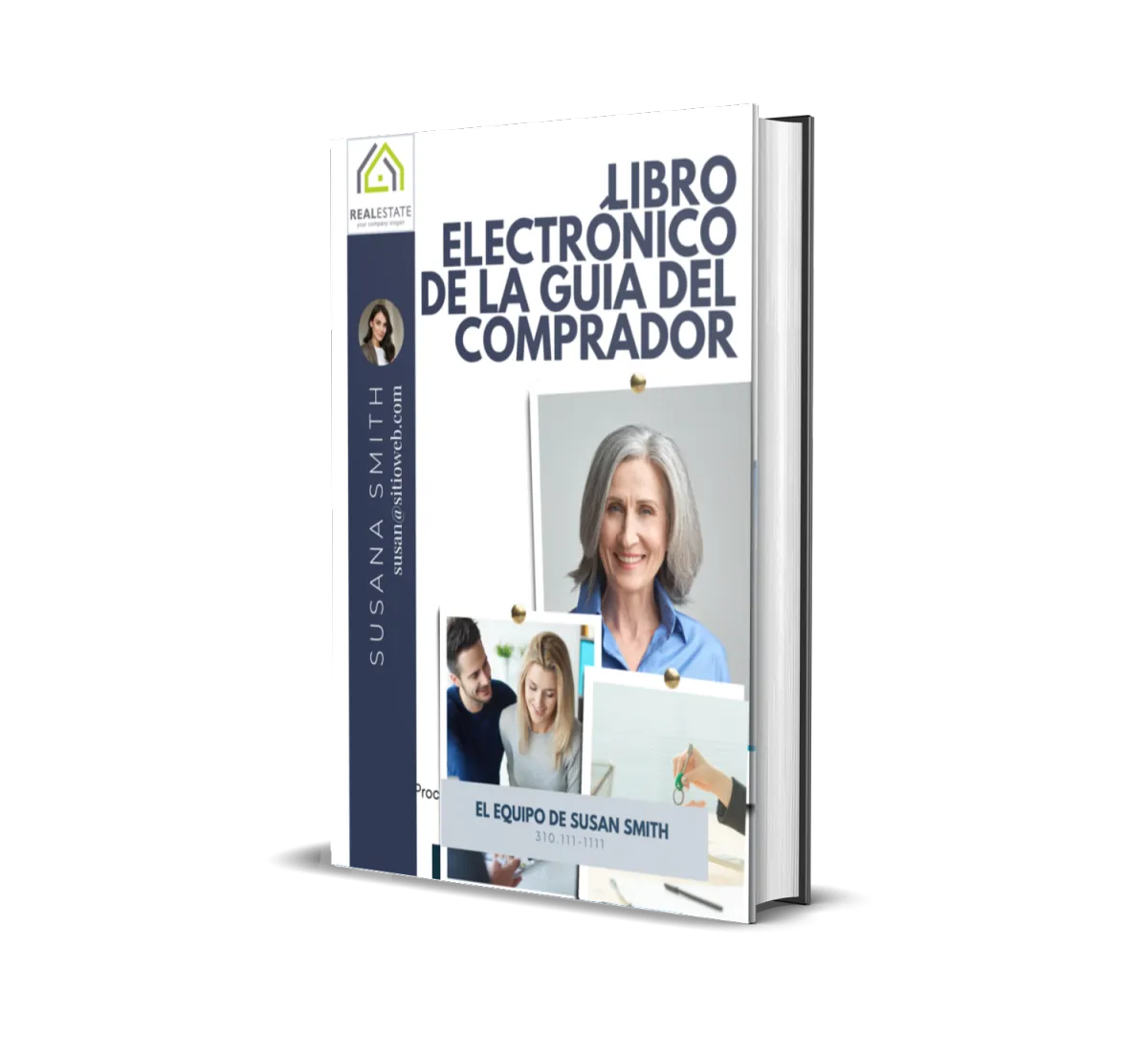
Buyer's Guide for Real Estate Agent
(Spanish)
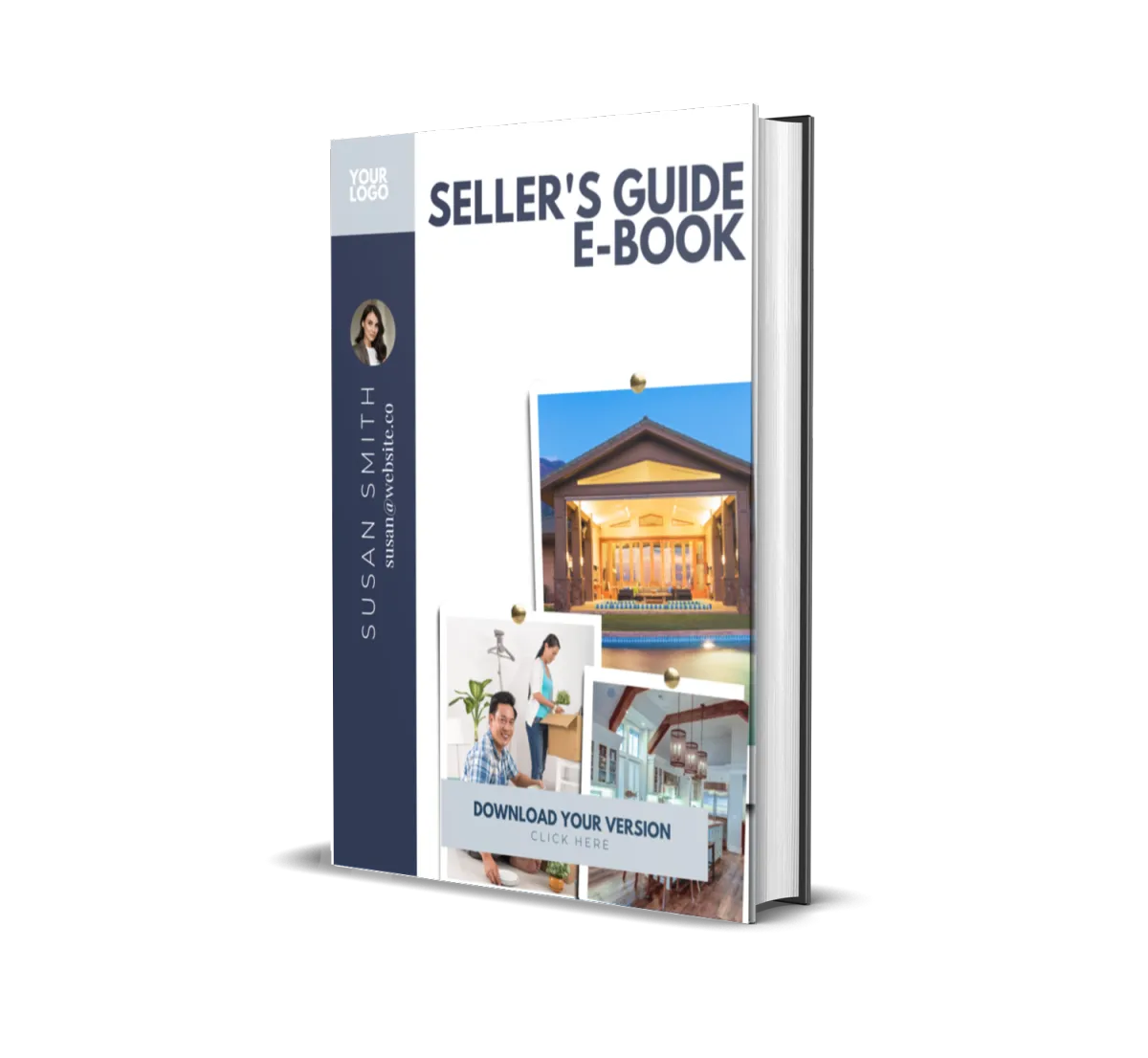
Seller's Guide for Real Estate Agent
(English)
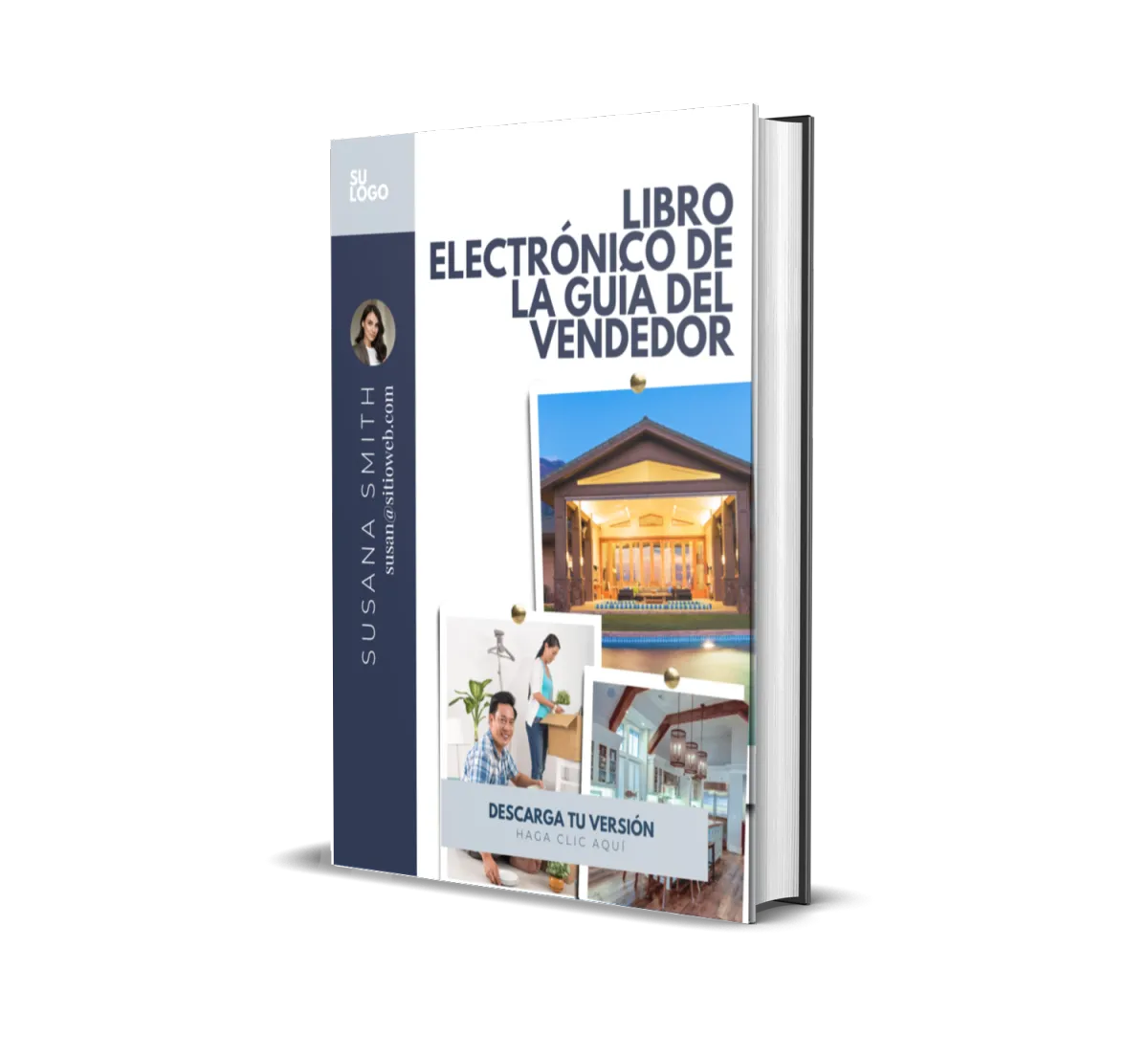
Seller's Guide for Real Estate Agent
(Spanish)
Calculate Your Mortgage Payment
Our Blogs

Broker vs. Bank: Which Is the Right Choice for Your Mortgage?
Broker vs. Bank: Which Is the Right Choice for Your Mortgage?
When you're ready to buy a home or refinance, one of the first and most important decisions you'll make is who to get your mortgage from. You'll hear two main options: your personal bank or a mortgage broker.
On the surface, they both seem to get you the same thing—a loan. But how they operate and, more importantly, who they work for, is completely different.
As a mortgage professional with years of experience as both a broker and in real estate, I want to pull back the curtain. This isn't about what's better in any single year; it's about the fundamental, long-term differences in the models.
Here’s the breakdown.
The Bank: The "One-Stop-Shop" Model
Think of a bank like a brand-name store. They have their own set of mortgage products—the "Bank of [Name] 30-Year Fixed," the "Bank of [Name] FHA Loan," and so on.
How it works: You meet with a loan officer who is an employee of that bank. Their job is to sell you one of their bank's loan programs.
The Pros: You might already have a checking or savings account there. It feels familiar and convenient. You can often walk into a local branch and speak with someone.
The Cons: You only get one option. The loan officer you're speaking to can only offer you that one bank's products and that one bank's rates. If you don't fit perfectly into their specific "box" (maybe you're self-employed, have a unique credit situation, or are buying an investment property), they have little flexibility and may simply say no.
The bottom line: A bank can only sell you what's on its own shelf. You are limited to their menu, their rates, and their underwriting rules.
The Mortgage Broker: The "Personal Shopper" Model
Think of a mortgage broker (like me) as a personal shopper for your home loan.
How it works: I don't work for one single bank. Instead, my company (South Wind Financial) has a vast, established network of dozens of different lenders. This includes big banks, credit unions, and specialized wholesale lenders you've never heard of.
The Pros:
One Application, Dozens of Lenders: You fill out one application with me. I then shop your loan to this entire network to find the best possible rate and program that fits your specific needs.
More Options = Better Rates: When lenders are forced to compete for your business, you win. I can almost always find more competitive rates and lower fees than you could by walking into a single bank.
Specialized Expertise: This is the key. Are you an investor buying a multi-family? I know which lenders specialize in that. Are you self-employed with complex tax returns? I know which lenders have programs for you. A bank might see you as a "difficult file"; I see you as a client who just needs the right product.
My Allegiance is to You: This is the most important part. A bank's loan officer works for the bank. I work for you. My job isn't to sell you one company's product. My job is to navigate the entire market to find the best possible loan for your situation. My success depends entirely on your success.
The bottom line: A broker does the shopping for you. We have access to far more loan programs and can place you with the lender that offers the best terms for your unique financial picture.
A Quick Comparison
Here is a clean, "copy-and-paste" friendly version that will work on any website and look great on mobile phones.
This format is much more mobile-friendly and easier for clients to read than a table, which can often break or be hard to see on a phone.
A Quick Comparison
Loan Options
The Bank: Limited to that one bank's products.
The Mortgage Broker: Access to dozens of different lenders.
Rate Shopping
The Bank: You get one rate quote.
The Mortgage Broker: You get the most competitive rate from a large network.
Who They Work For
The Bank: The Bank.
The Mortgage Broker: You, the client.
Best For...
The Bank: Simple, conventional loans where you already have a deep relationship.
The Mortgage Broker: Anyone who wants to ensure they're getting the best deal.
Special Situations?
The Bank: Often rigid. "No" is a common answer.
The Mortgage Broker: Highly flexible. We find the lender who says "Yes."
My Recommendation
Going to your bank first is like walking into a single car dealership and asking if they have the best car for you at the best price. They'll only sell you what's on their lot.
Working with a broker is like hiring a personal auto expert who checks the inventory and pricing at every dealership in town to find the perfect car for your budget and needs.
Your mortgage is the biggest financial commitment you'll likely ever make. Before you settle for the "convenient" option, let's see what the entire market has to offer.
Ready to see what your options look like?
Don't settle for one bank's rate. Let me do the shopping for you. Book a free, no-obligation consultation today at Loanswithgeo.com.
Loanswithgeo.com, powered by South Wind Financial, MB#9462

Broker vs. Bank: Which Is the Right Choice for Your Mortgage?
Broker vs. Bank: Which Is the Right Choice for Your Mortgage?
When you're ready to buy a home or refinance, one of the first and most important decisions you'll make is who to get your mortgage from. You'll hear two main options: your personal bank or a mortgage broker.
On the surface, they both seem to get you the same thing—a loan. But how they operate and, more importantly, who they work for, is completely different.
As a mortgage professional with years of experience as both a broker and in real estate, I want to pull back the curtain. This isn't about what's better in any single year; it's about the fundamental, long-term differences in the models.
Here’s the breakdown.
The Bank: The "One-Stop-Shop" Model
Think of a bank like a brand-name store. They have their own set of mortgage products—the "Bank of [Name] 30-Year Fixed," the "Bank of [Name] FHA Loan," and so on.
How it works: You meet with a loan officer who is an employee of that bank. Their job is to sell you one of their bank's loan programs.
The Pros: You might already have a checking or savings account there. It feels familiar and convenient. You can often walk into a local branch and speak with someone.
The Cons: You only get one option. The loan officer you're speaking to can only offer you that one bank's products and that one bank's rates. If you don't fit perfectly into their specific "box" (maybe you're self-employed, have a unique credit situation, or are buying an investment property), they have little flexibility and may simply say no.
The bottom line: A bank can only sell you what's on its own shelf. You are limited to their menu, their rates, and their underwriting rules.
The Mortgage Broker: The "Personal Shopper" Model
Think of a mortgage broker (like me) as a personal shopper for your home loan.
How it works: I don't work for one single bank. Instead, my company (South Wind Financial) has a vast, established network of dozens of different lenders. This includes big banks, credit unions, and specialized wholesale lenders you've never heard of.
The Pros:
One Application, Dozens of Lenders: You fill out one application with me. I then shop your loan to this entire network to find the best possible rate and program that fits your specific needs.
More Options = Better Rates: When lenders are forced to compete for your business, you win. I can almost always find more competitive rates and lower fees than you could by walking into a single bank.
Specialized Expertise: This is the key. Are you an investor buying a multi-family? I know which lenders specialize in that. Are you self-employed with complex tax returns? I know which lenders have programs for you. A bank might see you as a "difficult file"; I see you as a client who just needs the right product.
My Allegiance is to You: This is the most important part. A bank's loan officer works for the bank. I work for you. My job isn't to sell you one company's product. My job is to navigate the entire market to find the best possible loan for your situation. My success depends entirely on your success.
The bottom line: A broker does the shopping for you. We have access to far more loan programs and can place you with the lender that offers the best terms for your unique financial picture.
A Quick Comparison
Here is a clean, "copy-and-paste" friendly version that will work on any website and look great on mobile phones.
This format is much more mobile-friendly and easier for clients to read than a table, which can often break or be hard to see on a phone.
A Quick Comparison
Loan Options
The Bank: Limited to that one bank's products.
The Mortgage Broker: Access to dozens of different lenders.
Rate Shopping
The Bank: You get one rate quote.
The Mortgage Broker: You get the most competitive rate from a large network.
Who They Work For
The Bank: The Bank.
The Mortgage Broker: You, the client.
Best For...
The Bank: Simple, conventional loans where you already have a deep relationship.
The Mortgage Broker: Anyone who wants to ensure they're getting the best deal.
Special Situations?
The Bank: Often rigid. "No" is a common answer.
The Mortgage Broker: Highly flexible. We find the lender who says "Yes."
My Recommendation
Going to your bank first is like walking into a single car dealership and asking if they have the best car for you at the best price. They'll only sell you what's on their lot.
Working with a broker is like hiring a personal auto expert who checks the inventory and pricing at every dealership in town to find the perfect car for your budget and needs.
Your mortgage is the biggest financial commitment you'll likely ever make. Before you settle for the "convenient" option, let's see what the entire market has to offer.
Ready to see what your options look like?
Don't settle for one bank's rate. Let me do the shopping for you. Book a free, no-obligation consultation today at Loanswithgeo.com.
Loanswithgeo.com, powered by South Wind Financial, MB#9462

